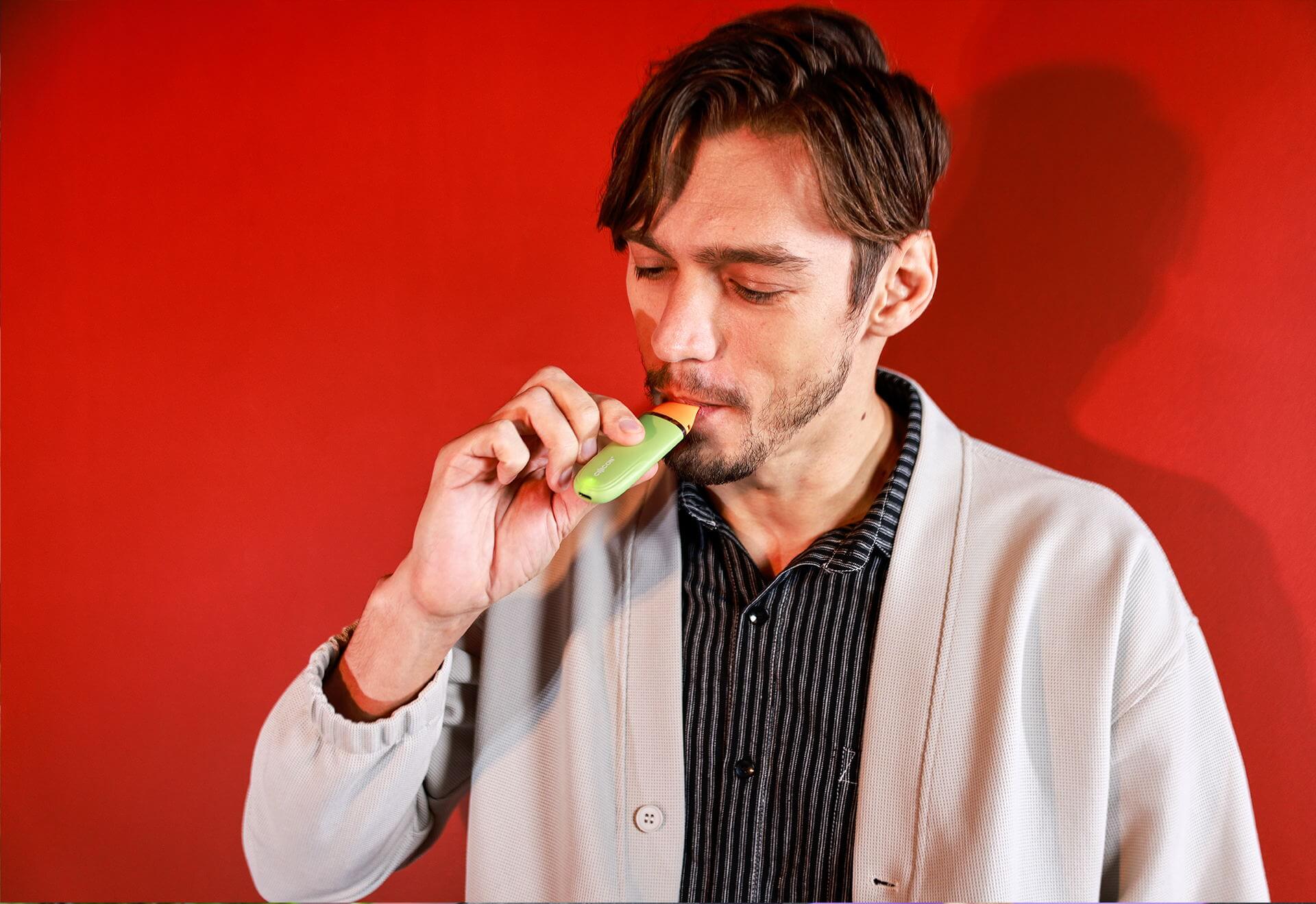The astounding growth of the cannabis industry in the past decade can be attributed to the significant decrease in stigma surrounding its use. Part of this is the rising perception of cannabis products as having a myriad of health and medicinal benefits. But even the association between cannabis and health is changing, or, more accurately, expanding. Previously, the discussion of cannabis within the health context revolved mainly around medicinal or therapeutic use. The term “medical marijuana”, in particular, conjures up images of doctors and prescriptions to treat various ailments and conditions.
These days, however, a sizeable segment of cannabis consumers are proactively employing cannabis to complement their daily health and wellness routine. For these consumers, cannabis is not a cure, but a lifestyle that helps improve their daily physical and mental well-being. Unlike those who use cannabis for medicinal use, wellness-focused consumers are not restricted to certain types of cannabis, modes of consumption, or dosage. They are more likely to experiment in order to find the product and routine that delivers the health benefits they seek. Manufacturers and retailers of cannabis products would do well tapping into this market.

Market Trends of Wellness-Focused Cannabis Consumption
Management consulting firm McKinsey & Co. reported that in 2021, the health and wellness sector was worth an estimated US$1.5 trillion, and projected to grow 5-10% annually. Another 2021 study conducted by New Frontier Data shows that 23% of cannabis consumers cited wellness as their motivation, with 79% stating that cannabis has impacted their lives positively. This means wellness-focused cannabis consumers form a sizeable portion of the cannabis market with a healthy growth rate.
How cannabis relates to wellness can vary depending on consumer perception. The Harris Poll also reported this year that based on their online poll of nearly 2,000 Americans, the main wellness-related reasons for cannabis consumption are to relax, help with sleep, reduce stress and anxiety.
Cannabis consulting firm Brightfield Group’s consumer data agrees with this, citing relaxation, sleep, and overall well-being as the desired effect of cannabis consumption. The benefits of cannabis on improving mental health have really come to the fore after the COVID-19 pandemic, representing 52% of current cannabis consumers.
New Frontier Data also found that 13% of consumers have reported to using cannabis before exercising to improve their training. In states that have legalized cannabis for recreational use, cannabis-related sports programs have begun to pop up.

In California and Colorado, there are yoga classes where participants are invited to partake in inhaling from a cannabis vape pen before settling into their yoga routine. A cannabis-based gym has opened up in San Francisco, advising their members to get high before and during exercise. This brings about a new possibility of cannabis being a wellness product from a physical health perspective, as well.
Cannabis Products for Wellness-Focused Consumers
It is also important to note the type and characteristics of cannabis products sought after by wellness-focused consumers. It used to be that CBD (cannabidiol) products are more associated with health and wellness benefits, likely contributing to its popularity among female consumers. Nowadays, with less overall stigma surrounding cannabis, the psychoactive effects of THC (tetrahydrocannabinol) are no longer seen as being in conflict to wellness. In fact, the “high” attributed to THC consumption can produce some of wellness-focused consumers’ desired effects, such as relaxation and anti-anxiety benefits. Cannabis products containing both CBD and THC can certainly appeal to the wellness segment, provided that it is well-marketed.
To that end, cannabis brands can look at the general trends on wellness products. Based on their global survey, McKinsey & Co. found that wellness-focused consumers are generally looking for products that are natural or clean, personalized for their needs, as well as tested and approved by trusted influencers. This likely applies to cannabis products as well, and cannabis brands can certainly promote the cleaner, consumer-focused aspects of their products.

To appeal to this segment, it is therefore not enough for cannabis products to be declared “safe for consumption” or “high-quality”. Based on the data above, wellness-focused consumers will want to know what is in their product and where it comes from. One must also keep in mind the considerable overlap between the wellness market and the environmentally conscious. Products containing organic and/or locally-sourced cannabis should be popular in this segment. Some brands have also begun advertising that their products are made from cannabis that are “sun-grown” or “pesticide-free” with wellness-focused consumers in mind. In addition, hemp-derived products are seen as a plus since hemp production is known for being environmentally friendly.
Cannabis brands can also offer a wide range of products, with suitable branding and marketing, depending on the wellness-related purpose that consumers have for using cannabis.
- CBD products have been popular for mental wellness for good reason, as it supports part of the brain that play a role in anxiety-related symptoms.
- Products higher in THC may be most-suited for physical exercise like running or cycling as they not only produce a high similar to what many people experience from cardio activity, but also have pain-relieving benefits to ward off aches and soreness.
- Products with a balanced combination of both can be good for overall relaxation, and is perfect for combination with yoga or meditation.
- Other cannabinoids can have different wellness-related affects, allowing cannabis products to be tailored to target specific consumer needs.
Cannabis Vaping and Wellness
For the cannabis vaporizer industry, the wellness market is a great fit for a few reasons. The first is that cannabis vaping lends itself to personalization, with oils and blends manufactured to precise dosage and proportions. Manufacturers can tell wellness-focused consumers exactly what they are getting in their cartridges and disposable vaporizers.
Another advantage of vaporizers is their sleek and user-friendly design, far from the outdated image of rolling joints and bong water. Vaporizer is so portable that people can vape it odorless and bring it everywhere within legal areas. Its designs can also project an image of cleanliness that would sit well with wellness-focused consumers. Finally, vaping itself is known as a much less harmful alternative to smoking.
Of course, cannabis brands need to be aware that anything perceived as unhealthy or unsafe about cannabis consumption might turn off wellness consumers. With vaporizers, there has always been a risk of low-quality products that pose a danger to consumer health. Black market cannabis vaporizers have been known to contain additives and cutting agents, leading to vaping-related illnesses. Inferior vaporizers, either poorly-designed or made from cheaper materials, can result in heavy metals leeching from the hardware, again risking consumer safety. These products can harm the perception of cannabis products among wellness consumers.
To reassure wellness-focused cannabis consumers of the health benefits of their products, they need to know that there are no health and safety risks posed. Cannabis branded can let their consumers know that their products comply with the health safety regulations in the states in which they are sold. They can also source their components from manufacturers known to meet the strictest industry standards like Cilicon . Wellness-focused cannabis consumers are here to stay, and cannabis vape hardware companies can benefit from showing them the benefits of their products, be it for physical or mental wellness.